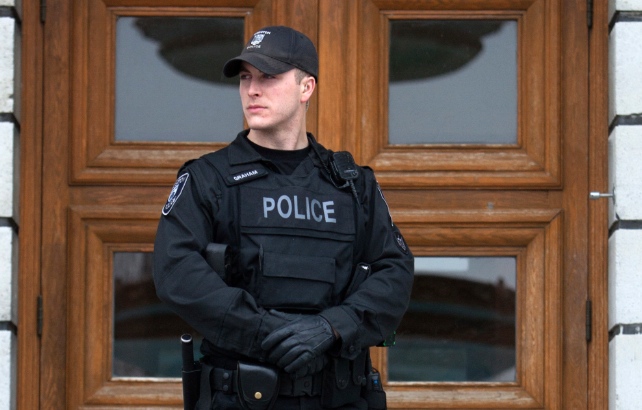Consider $2 billion lost
on a bad bet, plus billions more as investors dumped the stock, a
providential warning. When Jamie Dimon, the imperious head of JPMorgan
Chase, revealed that the bank had lost so much
on a derivatives trade gone bad, it was clear warning that, four years
after blowing up the economy, the big banks are still playing with
bombs.
This was no rogue trader. Dimon admitted to “many errors, sloppiness, bad judgment” in “poorly executed” derivative trades. Heads may roll, but these were authorized trades by the bank’s leading—and notorious—trader, Bruno Iksil, the “London Whale.”
Dimon, of course, has been Wall Street’s most vociferous critic of banking reforms, deploying an army of lawyers and lobbyists—at the cost of an estimated $7.4 million in 2010— to try to delay, dilute and disembowel the Dodd-Frank legislation. The unrelenting legal and lobbying campaign has clearly intimidated the regulators, forcing delays beyond the dates mandated by the statute. Most recently, the bank lobby seemed on the verge of defenestrating the Volcker Rule, which would limit commercial banks from gambling with depositors’ money. That rule, itself a pale shadow of the Glass-Steagall Act repealed during the Clinton years, might have constrained the kind of opaque, risky bets that led to the losses.
Original Article
Source: the nation
Author: Katrina vanden Heuvel
This was no rogue trader. Dimon admitted to “many errors, sloppiness, bad judgment” in “poorly executed” derivative trades. Heads may roll, but these were authorized trades by the bank’s leading—and notorious—trader, Bruno Iksil, the “London Whale.”
Dimon, of course, has been Wall Street’s most vociferous critic of banking reforms, deploying an army of lawyers and lobbyists—at the cost of an estimated $7.4 million in 2010— to try to delay, dilute and disembowel the Dodd-Frank legislation. The unrelenting legal and lobbying campaign has clearly intimidated the regulators, forcing delays beyond the dates mandated by the statute. Most recently, the bank lobby seemed on the verge of defenestrating the Volcker Rule, which would limit commercial banks from gambling with depositors’ money. That rule, itself a pale shadow of the Glass-Steagall Act repealed during the Clinton years, might have constrained the kind of opaque, risky bets that led to the losses.
Original Article
Source: the nation
Author: Katrina vanden Heuvel






















